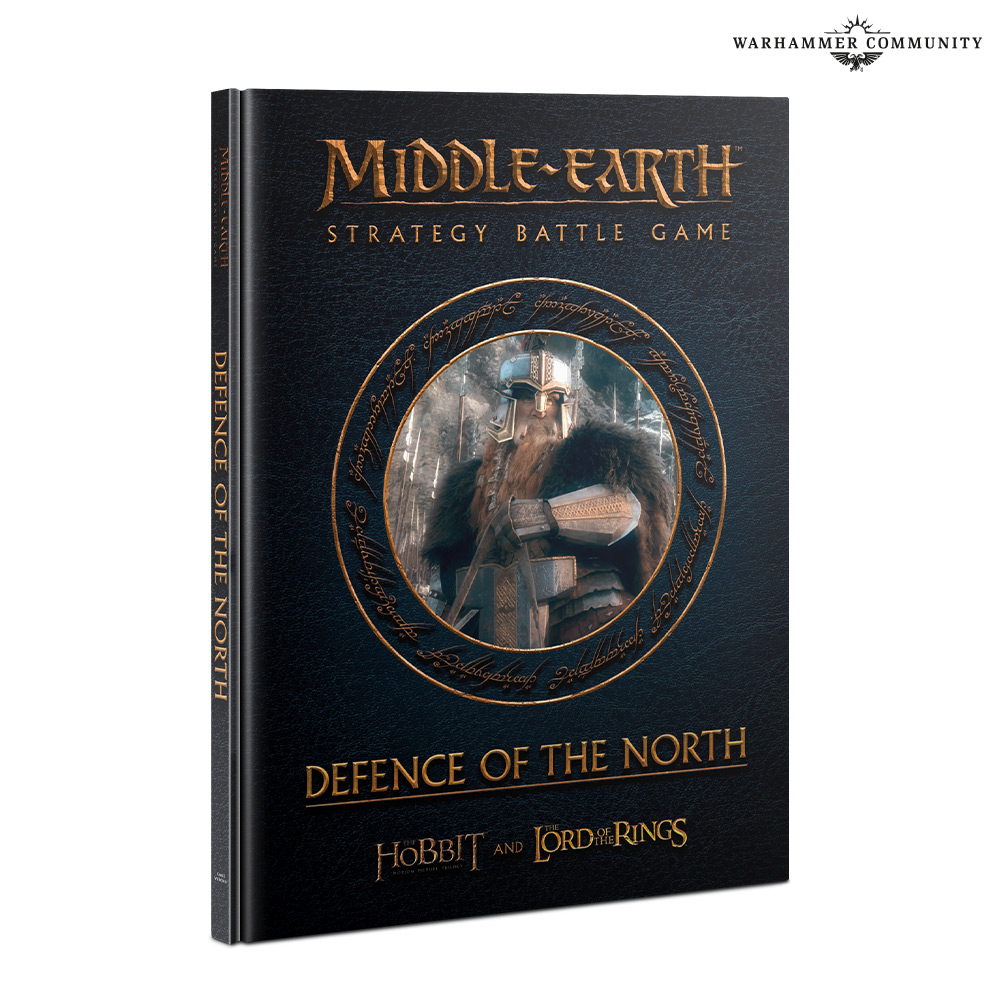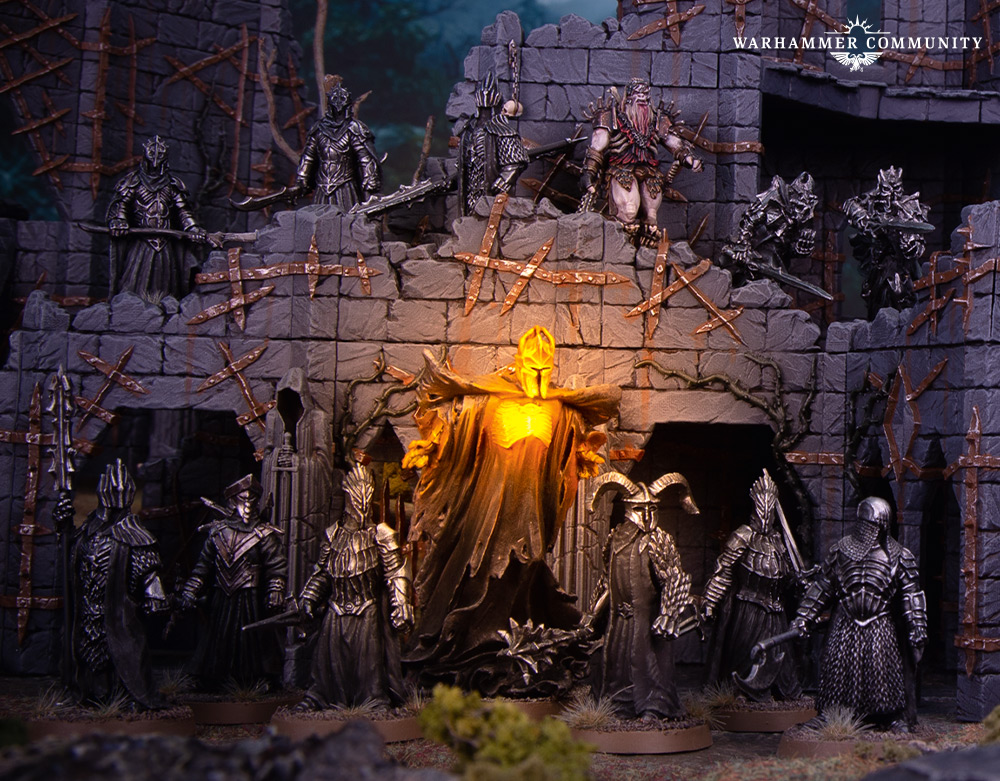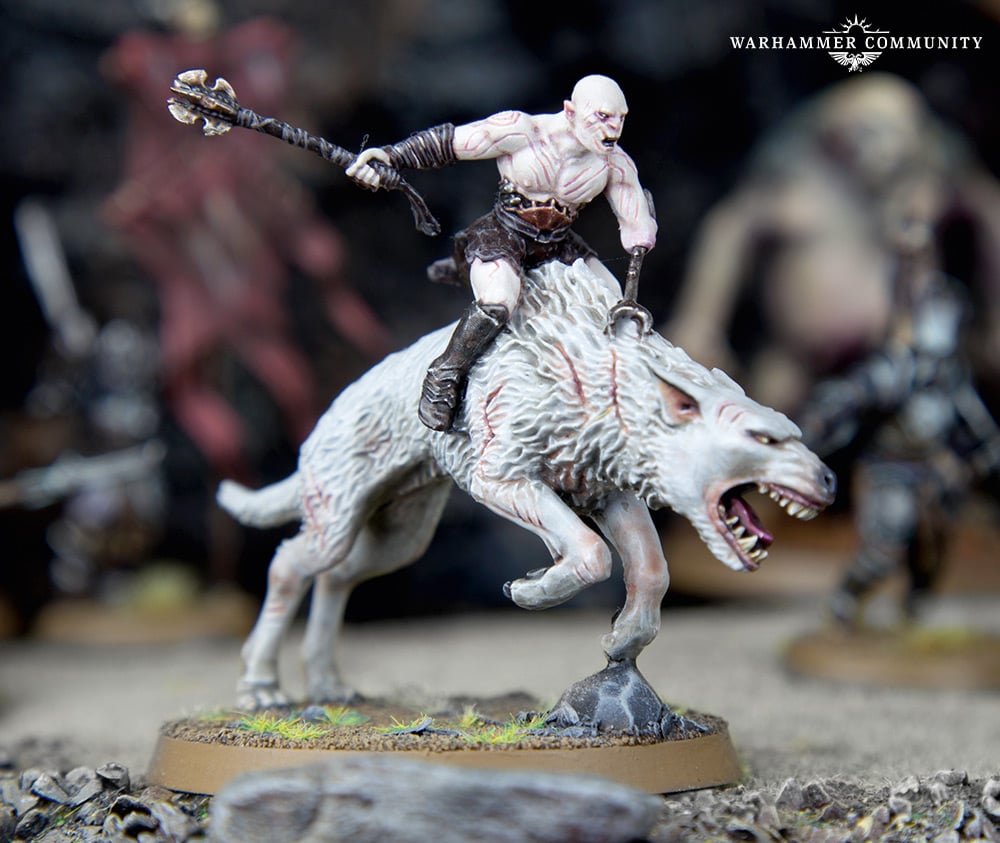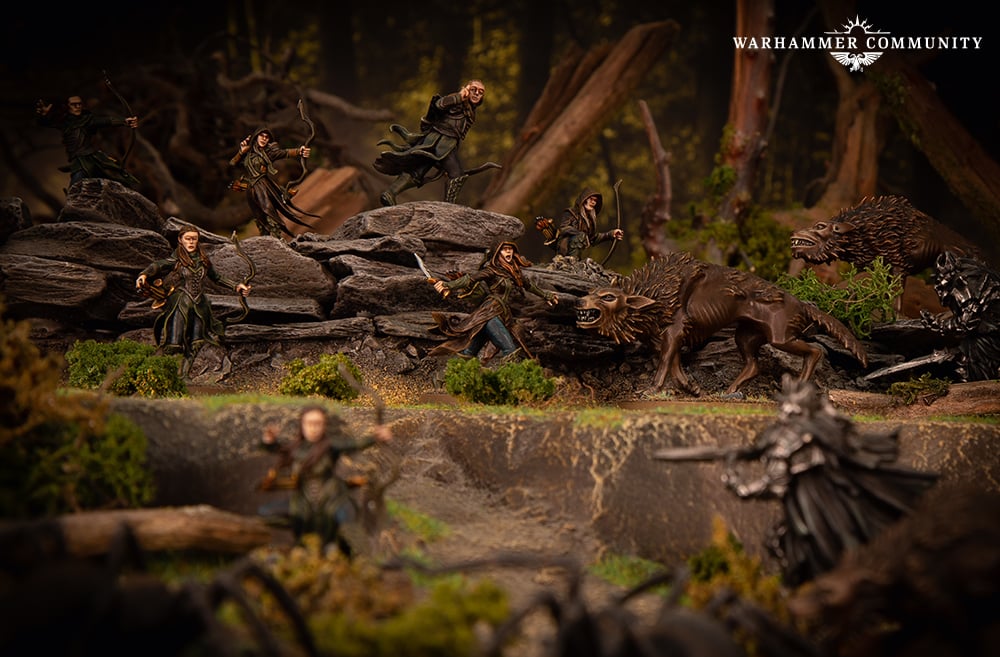Good morning gamers,
If you've followed this blog for any length of time, you probably know that Rythbyrt and I really like math facts. Whether it's computing your likelihood of winning/killing in the context of heroic actions, special strikes, or making full-blown spreadsheets that iterate through two sets of combatants beating on each other, we love figuring out new, unexpected ways to maximize your army's effectiveness by delving into mathematical probabilities.
But what about players who don't want to be math junkies? Are there some simple and valuable things you can store in your brain to give you a ballpark estimate of what to expect in the outcome of your games? Well, today we put the complicated math on the side (sort of) and focus on five very simple things you can remember that will help you gauge your expectations (and maybe learn a little math along the way). Let's dig in!
Math Fact #1: Rolling 3 dueling dice = 70% chance of getting a 5+
In MESBG, the most exciting part of any game hands-down is the Fight phase. Unlike magic (which might be able to be resisted, but might not) and shooting (which you get absolutely no say over - though you can make your opponent work harder), fighting involves you rolling dice and your opponent rolling dice - and just because you have the better units doesn't mean you'll roll better than him. This makes the opposed rolls when dueling really important.
So this leads to our first math-based principle to remember: try to roll at least three dice in a duel. Why? Because rolling three dice gives you a 70% chance (0.7037 probability) of rolling a 5 as your highest number. Unlike in the board game Risk, you only care about your highest die result - if you can get 6s in all your duels, you have the opportunity to kill lots of guys and also have a great chance of not taking a lot of damage. The more dice we throw, the more likely we are to get a natural 6 (which is awesome).







